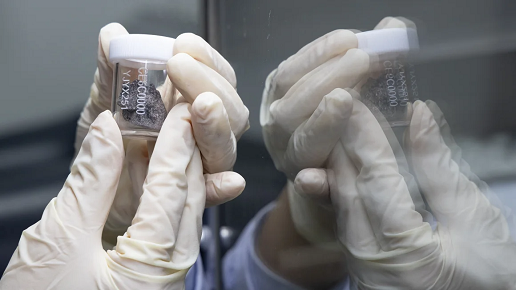According to the Taipei City Government, the Department of Education signed a Memorandum of Understanding with TLI Languages and Cultural Foundation on January 3 as a crucial step in promoting bilingual education 2.0. To strengthen Taipei's bilingual education policy, the agreement covers areas such as instruction, faculty members, and international exchange.
In the field of education, 386 instructors in Taipei City have started teaching bilingual lessons for the 2021 academic year. They tried to implement the concept in a variety of subjects, including physical education, music, the arts, health, and civic education, by teaching in English or through content and language integrated learning (CLIL). In the 2022 academic year, another 720 teachers are scheduled to join the ranks of multilingual educators.
0107.jpg)
The 2030 bilingual national policy is forward-looking. (Photo / Retrieved from Pixabay)
The city government will use the channels made accessible through its partnership with TLI Foundation to work with bilingual and foreign language teaching skills in addition to cooperating with normal/education universities and representative offices abroad. This should enable DOE to tailor and increase educational tools for local elementary and middle school teachers.
In terms of faculty, the agency intends to assign one expat teacher to each school in Taipei that is adopting the experimental bilingual curriculum. It will work with the foundation to find prospective expat teachers to fill the ranks of Taipei's bilingual instructors, in addition to established routes such as the Ministry of Education and the Fulbright Scholarship Program.
0107.jpg)
Education Bureau of Taipei City promote bilingual education policy that covers areas such as instruction, faculty members, and international exchange. (Photo / Retrieved from Pixabay)
In terms of internal exchanges, the city intends to use TLI Foundation's presence in California to recruit high school or younger children to learn Chinese in Taiwan and participate in immersive programs with their peers in Taipei. Hopefully, the strategy will foster the formation of sister school links between local and California schools, as well as the recruitment of additional Californian students to Taipei to study Chinese.

0107.jpg)





